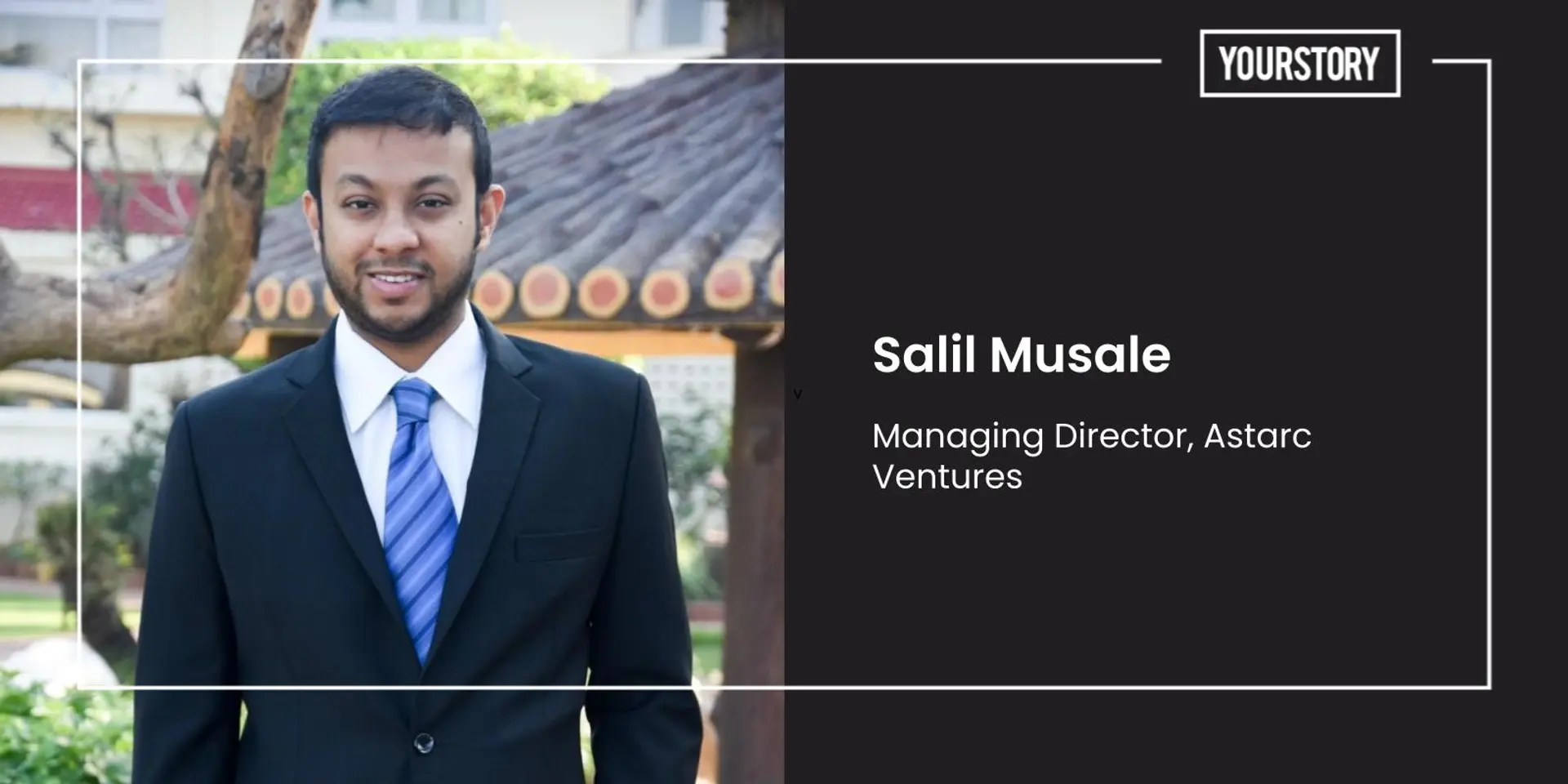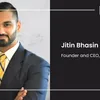With CredR and Pharmeasy in its portfolio, Astarc Ventures’ Salil Musale on investing in startups
In a conversation with YourStory, Salil Musale, Managing Director, Astarc Ventures, talks about exploring the Indian startup ecosystem, and investing in firms like Pharmeasy, Chingari, CredR, and others.
When Salil Musale of the Astarc Group was in Africa six years ago, he kept hearing about one thing - the Indian startup ecosystem.
As the Executive Director of Astarc Group, a legacy group of businesses founded over three decades ago, Salil felt there was something in the world of startups and technology.
“I decided to move back to India to see what the new technologies are, especially in areas like automotive and agriculture, and what are the new disruptive things that are happening in the sectors,” says Salil in a conversation with YourStory.
He says the best way to be in the thick of things was to get a sense of people building the businesses and these technologies.
“So, I thought of investing in these businesses and people and be in touch with the entrepreneurs in the ecosystem. I felt it was the best way to learn. We set up a small team and started reaching out to companies in the mobility and real estate sector,” says Salil. This led him to establish Astarc Ventures, an early-stage VC fund, six years ago.
It was while investing in these sectors that Salil was referred to . “I reached out to the team. I thought it to be a distinct model with an ecommerce focus. By then I had started taking a keen interest in the ecommerce segment,” he says.
He explains, “While I initially decided that I would invest in companies of strategic connect to our businesses, Pharmeasy was one of the first businesses that I had taken a separate route with.”
Salil went to Pharmeasy’s makeshift office in Mumbai, and while the office was getting ready, Salil was trying to get a sense of the business model.
He says the team had started looking at the impact areas and helping early-stage young entrepreneurs who needed help with organisational building.
“For us, it was about helping these founders understand organisational building, how can they scale a business, how can they look at teams and people, and building a culture. Since we have built many businesses, it is the value add that I wanted to bring to these companies,” adds Salil.
Today, apart from Pharmeasy, the fund has invested in the likes of , , , and many others.
While Salil is part of the Astarc Group, his journey into getting back into his family business and getting into venture funding has been long. An engineer by profession, he has worked as a management consultant, and even worked at a hedge fund. When the 2008 crash happened, Salil was focused on a lot of the growth acquisitions of the Group.
“While these six years have been a journey in itself, the two years of the pandemic has made us think deeply of what is important and what isn’t. People have learnt about managing resources sensibly, and this is true for traditional companies as well,” adds Salil.
He says while there is still uncertainty, it will nevertheless change mindsets. Today, while investing in startups, Salil looks at four things:
- The belief the founders have in what they are doing and how much of their skin do they have in the game.
- Ambition: Founders need to think big and work towards achieving it.
- The reason why the founder started up. There needs to be good insights in the journey.
- I look for humility in founders.
“People have learnt how to take care of their people much better and that is what I would advise founders. Spend time with people and conserve resources. Motivate people and that is what they want now,” says Salil.
Edited by Megha Reddy








